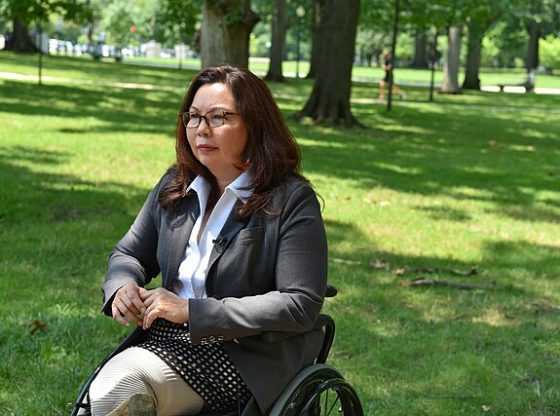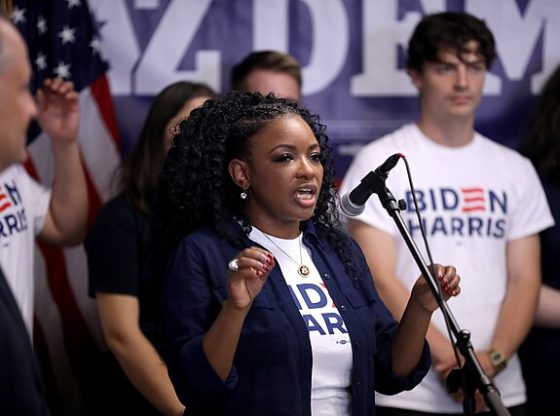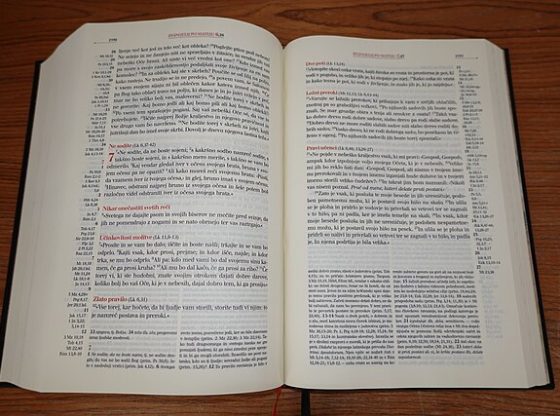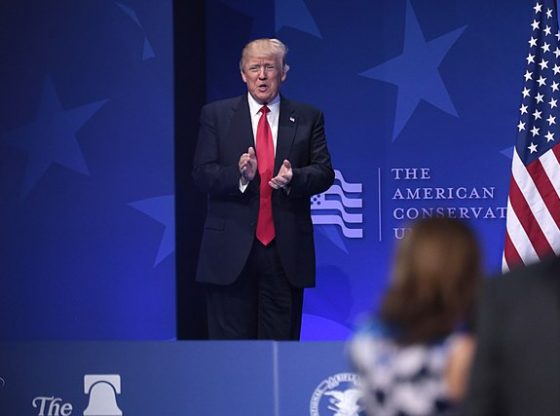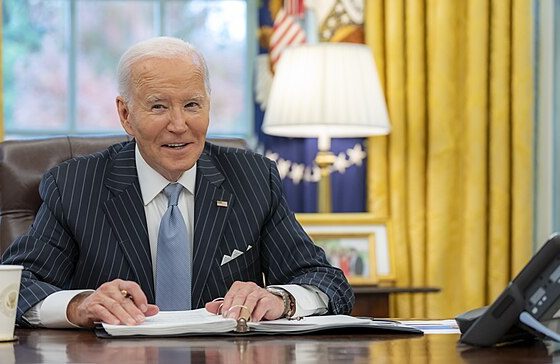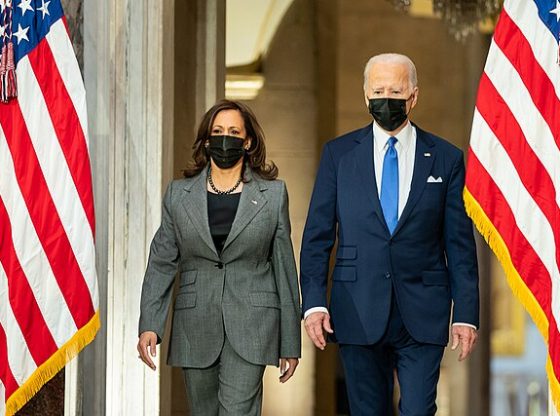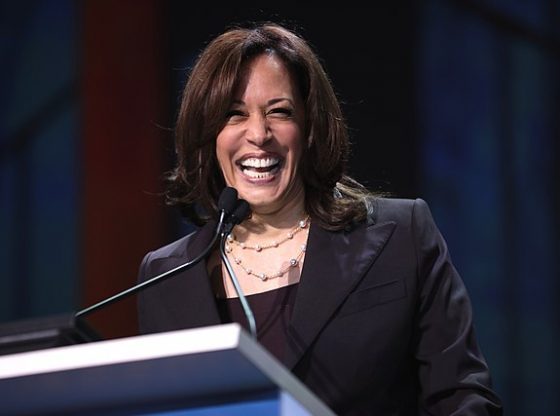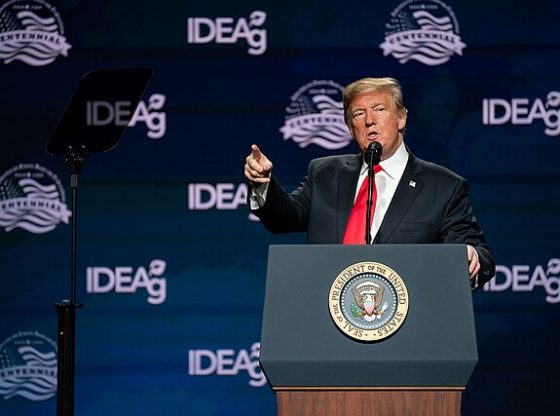An FBI raid on the offices of President Donald Trump’s lawyer, Michael Cohen, set off a firestorm of criticism this week.
Agents seized communications between Trump and Cohen in the raid, which is highly unusual. Police and prosecutors are almost always prohibited from accessing communications between an attorney and his client.
The exception is when discussions are part of a plan to knowingly and willfully break the law, and that has those targeting Trump claiming the raid is evidence Trump broke the law.
But is it?
This sentence from a March 5 Associated Press report is why some say the Cohen investigation may lead to criminal charges against Trump:
“Mr. Cohen said he missed two deadlines earlier that month to make the $130,000 payment to Ms. Clifford because he couldn’t reach Mr. Trump in the hectic final days of the presidential campaign.”
At issue are payments Cohen made to adult film star “Stormy Daniels” just days before the 2016 presidential election. Daniels was about to go public with claims she and Trump had an extramarital affair.
Cohen, fearing the story would damage Trump’s campaign, rushed to enact a non-disclosure agreement to block it.
Paying Daniels to stop publication of a story that would damage the campaign is, by every definition, a campaign expenditure.
Cohen funded it by securing a home equity loan, then passing those funds through an LLC to Daniels. It’s legal for Cohen’s LLC to spend money on politics, so long as it’s disclosed and done without the coordination of a campaign or candidate.
If Trump knew the payments were to silence Daniels, then the agreement with Daniels becomes an illegally coordinated corporate expenditure.
That, so far, does not appear to be the case.
Trump claims he did not know about the payments. That claim is credible because Trump’s signature never appears in the agreement with Daniels.
The agreement itself was structured so it would remain private. Had Trump known about it, he would be at no risk if he signed it.
The fact Trump never signed it indicates Cohen hatched the entire agreement and arranged the payments without fully informing Trump.
If true, that doesn’t make Trump a criminal. It makes him the victim. Attorneys cannot enter clients into contracts without their knowledge or consent.
It’s entirely possible Cohen tried to shield Trump by either not telling him what the payments were for, or misrepresenting them. Given what we know so far, that’s possible, and Cohen made an unreported independent expenditure.
The fact the FBI seized Cohen’s communications with Trump means either Cohen deceived Trump and Trump is in the clear, or Trump knowingly and willfully helped Cohen arrange an illegal payment, which waives attorney-client privilege.
Trump isn’t dumb, and neither is Cohen. It’s likely Trump didn’t know entirely about the arrangement, which is why his signature is not on it, and Cohen’s looking at prison time for, among other things, defrauding Trump.

